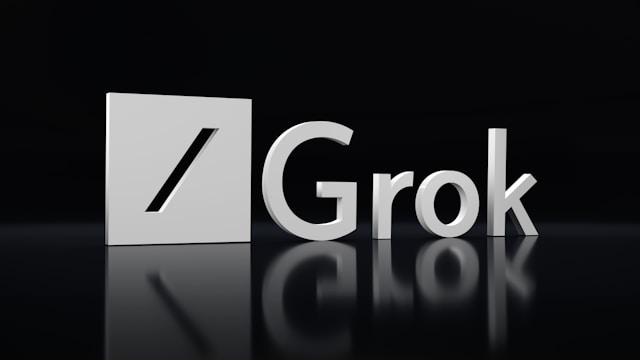 AI
AI
 AI
AI
 AI
AI
As Elon Musk’s xAI Corp. debuted two new language models today, they’re already under the spotlight for appearing to push the limits of freedom of speech.
Though Musk announced today that Grok is “the most fun AI in the world!”, the image generator, available only to paid subscribers of X, has caused something of a social media storm by allowing users to create images that could be deemed dangerous or offensive. Such images are not so different from what OpenAI’s ChatGPT might produce, but OpenAI has guardrails to prevent various kinds of images from being generated.
Some of Grok’s output so far has included former President Donald Trump and Kamala Harris flying a plane into the World Trade Center buildings, which could be deemed offensive or politically dangerous just before the U.S. presidential election. Both Harris and U.S. Rep. Alexandria Ocasio-Cortez have appeared dressed in lingerie, which might be construed as online sexual harassment.
And though former President Barack Obama might turn his nose up at being depicted hoovering up a line of Colombia’s finest, there was also the question of copyright infringement as well as angering Disney when images surfaced of Mickey Mouse giving Adolf Hitler the Nazi salute and another of Donald Duck using heroin. It’s also possible devout Muslims could be upset if they came upon the image of the prophet Muhammad holding a bomb.
After a period called the “Wild West” of image generation, most of the best-known generative AI tools now have fairly strict policies on what kind of image they will generate, which includes possible copyright infringement and certainly anything that could be said to meet the criteria for misinformation or sexual harassment. Grok, it seems, didn’t get the memo.
Still, users have said Grok does have limits, at times returning the message “Unfortunately I can’t generate that kind of image.” X does also have a policy on nonconsensual nudity, which was introduced in 2021 when the company was Twitter Inc. and not yet under Musk’s control. The policy included creating sexualized images with a person’s face digitally imprinted on someone else’s body – the so-called deep fake.
When a user asks Grok what is unacceptable, it will return the answer you’d expect, stating it won’t generate images that are too pornographic in nature, or are hateful, violent or could be considered misinformation. According to The Verge, Grok also said it was “cautious about creating images that might infringe on existing copyrights or trademarks” and it didn’t want to generate content that “like deepfakes intended to mislead” or “images that could lead to real-world harm.”
However, these might be Grok’s preferences rather than a reflection of X’s policy. There’s a probability that Grok and Musk will at some point have to answer for those early images, just as Google LLC found itself in hot water when its own image generator went off the rails. Over in Europe, where the rules on online content are far more stringent, Musk will likely find himself in yet another scrap with politicians wielding the rulebook under the new Digital Services Act.
Support our mission to keep content open and free by engaging with theCUBE community. Join theCUBE’s Alumni Trust Network, where technology leaders connect, share intelligence and create opportunities.
Founded by tech visionaries John Furrier and Dave Vellante, SiliconANGLE Media has built a dynamic ecosystem of industry-leading digital media brands that reach 15+ million elite tech professionals. Our new proprietary theCUBE AI Video Cloud is breaking ground in audience interaction, leveraging theCUBEai.com neural network to help technology companies make data-driven decisions and stay at the forefront of industry conversations.